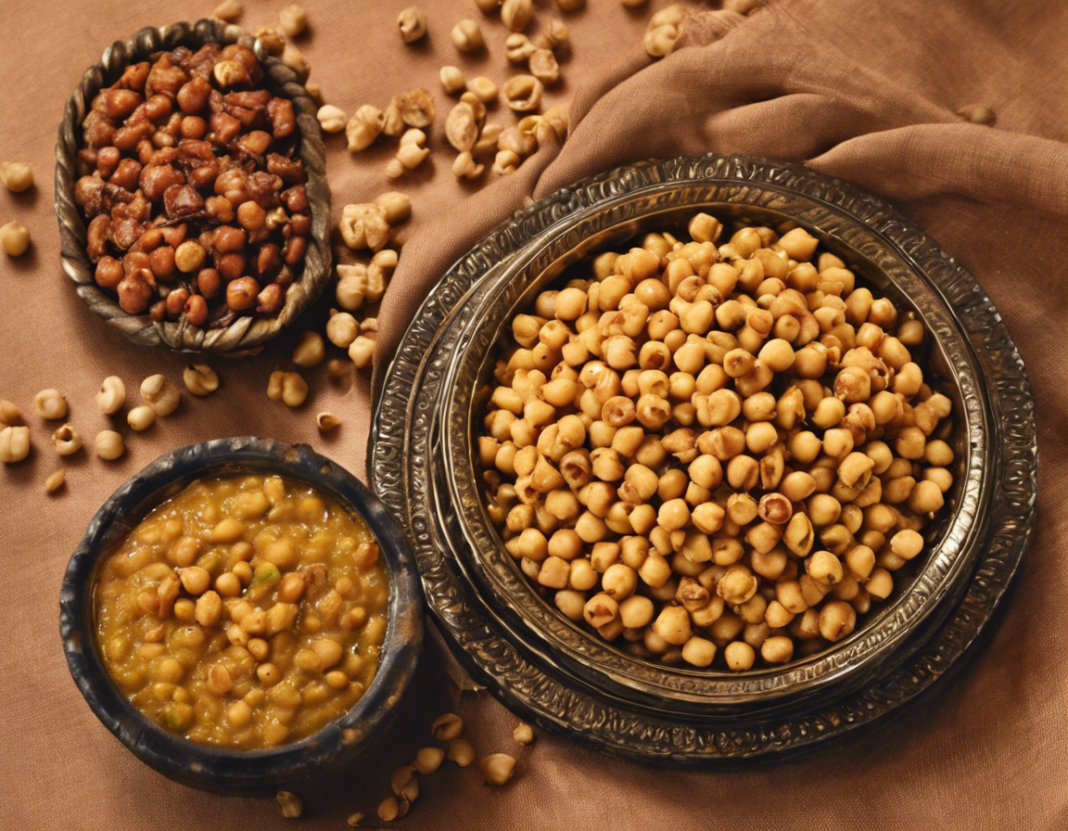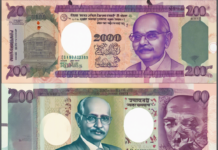Introduction
Chickpeas, also known as chana or garbanzo beans, are a versatile legume that has been a staple in various cuisines for centuries. They offer a wide range of health benefits and are a valuable addition to any diet. In this article, we will explore the numerous reasons why you should consider incorporating chickpeas into your regular meal plan.
Nutritional Value of Chickpeas
Chickpeas are incredibly nutrient-dense and offer a variety of essential vitamins and minerals. A one-cup serving (164 grams) of cooked chickpeas contains:
- Calories: 269
- Protein: 14.5 grams
- Fiber: 12.5 grams
- Fat: 4.3 grams
- Carbohydrates: 45 grams
- Iron: 4.7 milligrams (26% of the daily recommended intake)
- Folate: 282 micrograms (71% of the daily recommended intake)
- Magnesium: 78.7 milligrams (20% of the daily recommended intake)
- Phosphorus: 276 milligrams (28% of the daily recommended intake)
- Zinc: 2.5 milligrams (23% of the daily recommended intake)
Health Benefits of Chickpeas
-
Rich in Protein: Chickpeas are an excellent source of plant-based protein, making them a valuable option for vegetarians and vegans. Protein is essential for muscle repair, growth, and overall health.
-
High in Fiber: Chickpeas are loaded with dietary fiber, which is crucial for maintaining a healthy digestive system. Fiber helps promote regular bowel movements, prevents constipation, and aids in weight management by promoting a feeling of fullness.
-
Supports Heart Health: The high levels of soluble fiber in chickpeas can help lower cholesterol levels, reducing the risk of heart disease. Additionally, chickpeas contain potassium and magnesium, which are essential minerals for heart health.
-
Regulates Blood Sugar Levels: Chickpeas have a low glycemic index, which means they cause a slower and steadier rise in blood sugar levels compared to high-glycemic foods. This can help prevent spikes and crashes in blood sugar levels, making chickpeas a suitable choice for individuals with diabetes or those looking to manage their blood sugar levels.
-
Promotes Weight Management: The combination of protein and fiber in chickpeas can aid in weight loss and weight management efforts. These nutrients help keep you feeling full and satisfied, reducing the likelihood of overeating or snacking on unhealthy foods.
-
Boosts Immune System: Chickpeas are rich in several vitamins and minerals, including folate, iron, zinc, and magnesium, which are essential for a healthy immune system. Consuming chickpeas regularly can help strengthen your body’s defense against illnesses and infections.
-
Supports Bone Health: Chickpeas contain important minerals like calcium, phosphorus, and magnesium, which are crucial for maintaining strong and healthy bones. Including chickpeas in your diet can help reduce the risk of osteoporosis and bone fractures.
-
May Reduce Inflammation: Some studies suggest that the antioxidants and phytonutrients found in chickpeas may help reduce inflammation in the body. Chronic inflammation is linked to various health conditions, including heart disease, cancer, and autoimmune disorders.
Ways to Incorporate Chickpeas Into Your Diet
- Add cooked chickpeas to salads for an extra boost of protein and fiber.
- Make homemade hummus using chickpeas, tahini, lemon juice, and garlic for a delicious and nutritious dip.
- Roast chickpeas with spices like cumin, paprika, and garlic powder for a crunchy snack.
- Use chickpea flour to make gluten-free baked goods like bread, pancakes, and cookies.
- Mix chickpeas into soups, stews, and curries for added texture and flavor.
Frequently Asked Questions (FAQs)
- Are canned chickpeas as nutritious as dried chickpeas?
-
Canned chickpeas are a convenient option, but they may contain added sodium. Look for low-sodium or no-salt-added varieties and rinse them before use to reduce the sodium content.
-
Can chickpeas help with weight loss?
-
Yes, chickpeas are high in fiber and protein, which can help keep you full and satisfied, making them a valuable addition to a weight loss diet.
-
Are there any potential side effects of eating chickpeas?
-
Some individuals may experience bloating or gas when consuming chickpeas, especially if they are not accustomed to a high-fiber diet. Gradually increase your intake to allow your body to adjust.
-
Can chickpeas be included in a gluten-free diet?
-
Yes, chickpeas are naturally gluten-free and can be safely consumed by individuals with gluten intolerance or celiac disease.
-
How should chickpeas be stored for maximum freshness?
- Dried chickpeas should be stored in an airtight container in a cool, dry place. Cooked chickpeas can be stored in the refrigerator for up to 3-4 days or frozen for longer-term storage.
In conclusion, chickpeas are a nutritious and versatile legume that offers a wide range of health benefits. Whether you enjoy them in salads, soups, or snacks, incorporating chickpeas into your diet can help support overall health and well-being. Experiment with different recipes and meal ideas to explore the delicious ways you can enjoy this nutrient-packed food.









